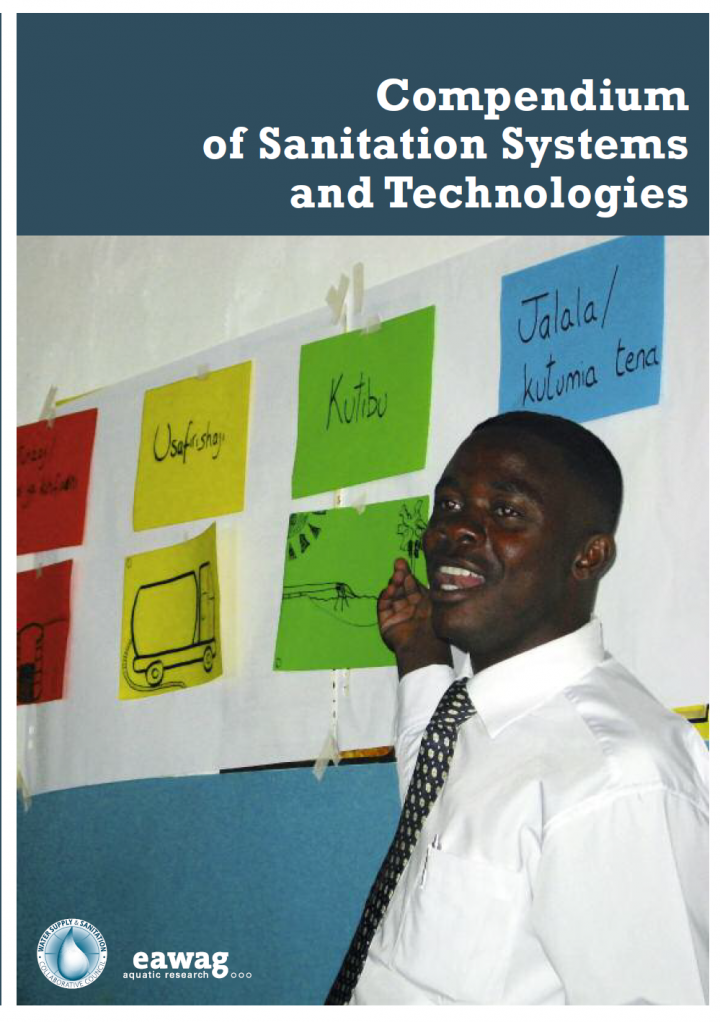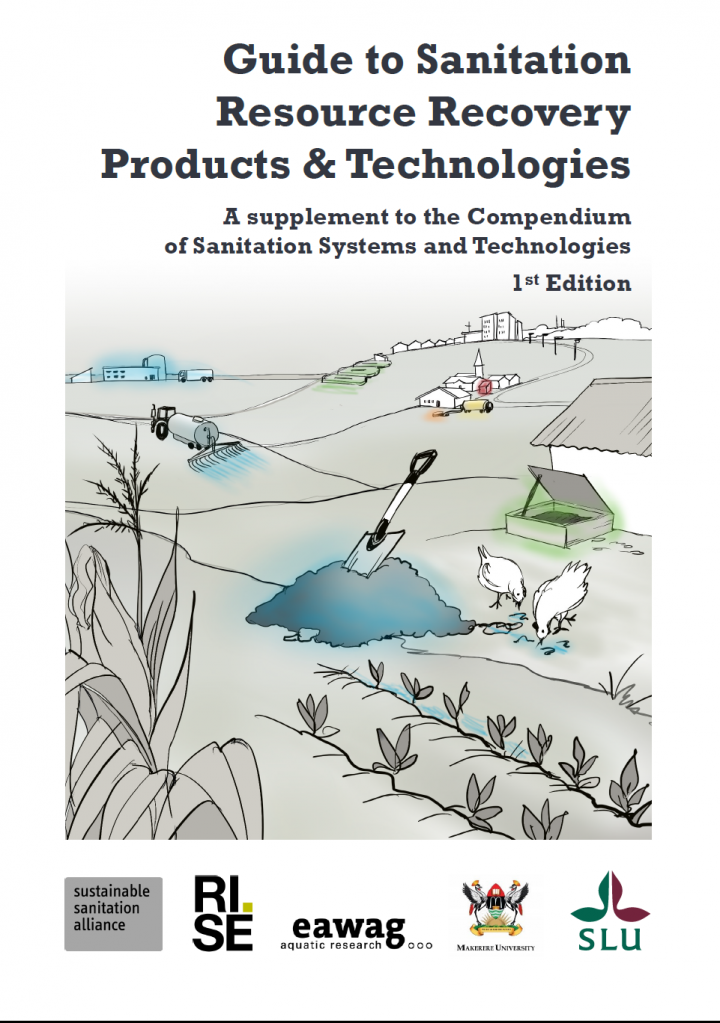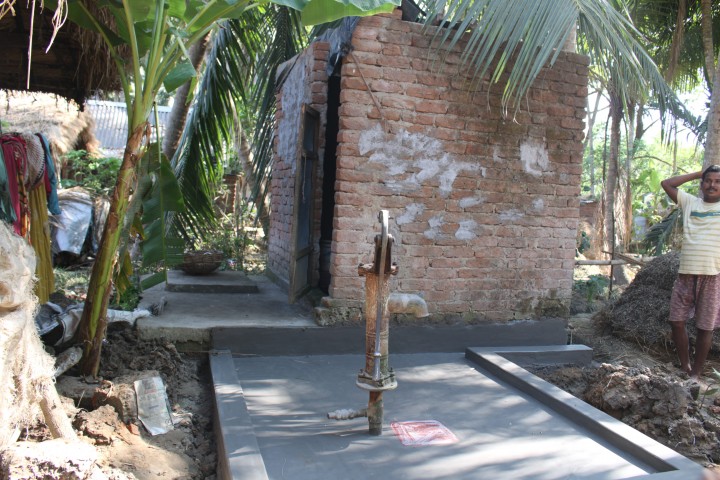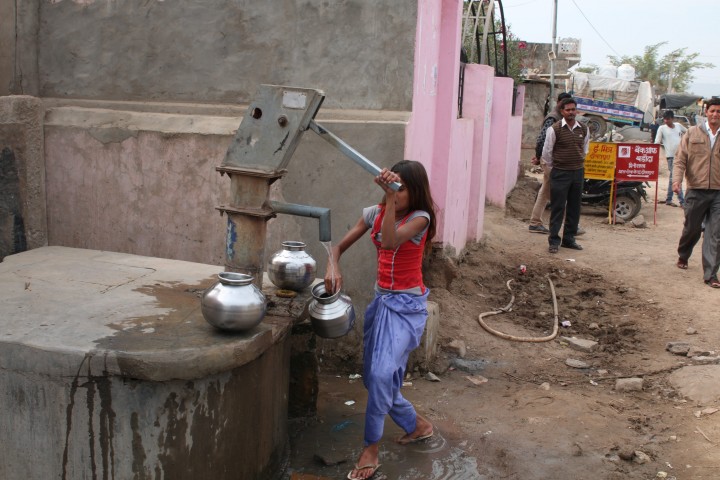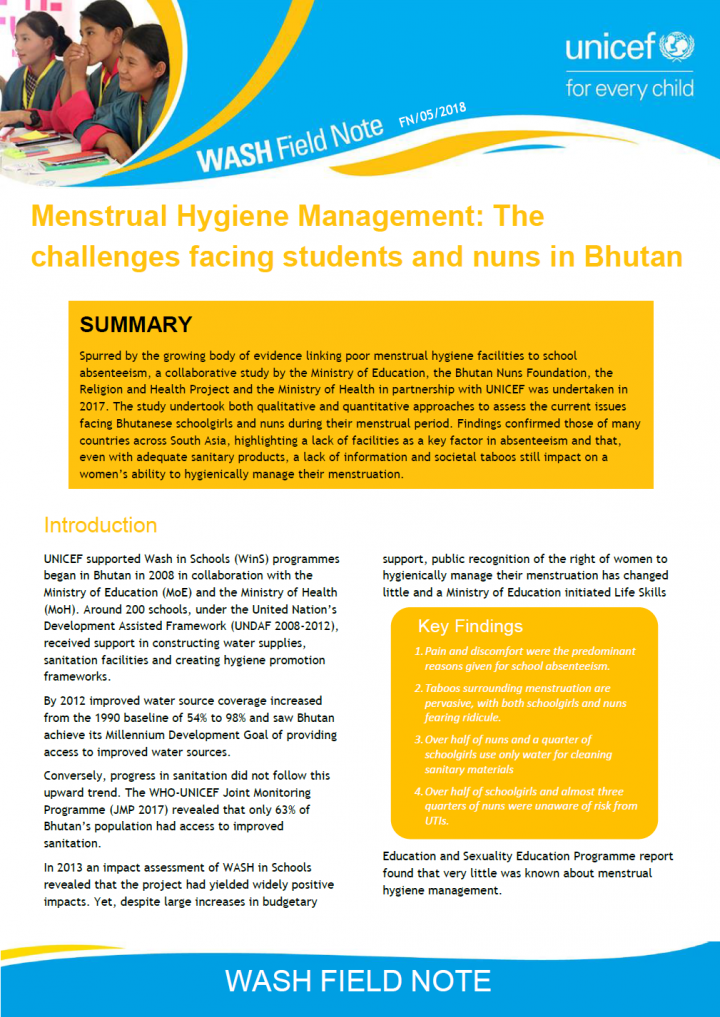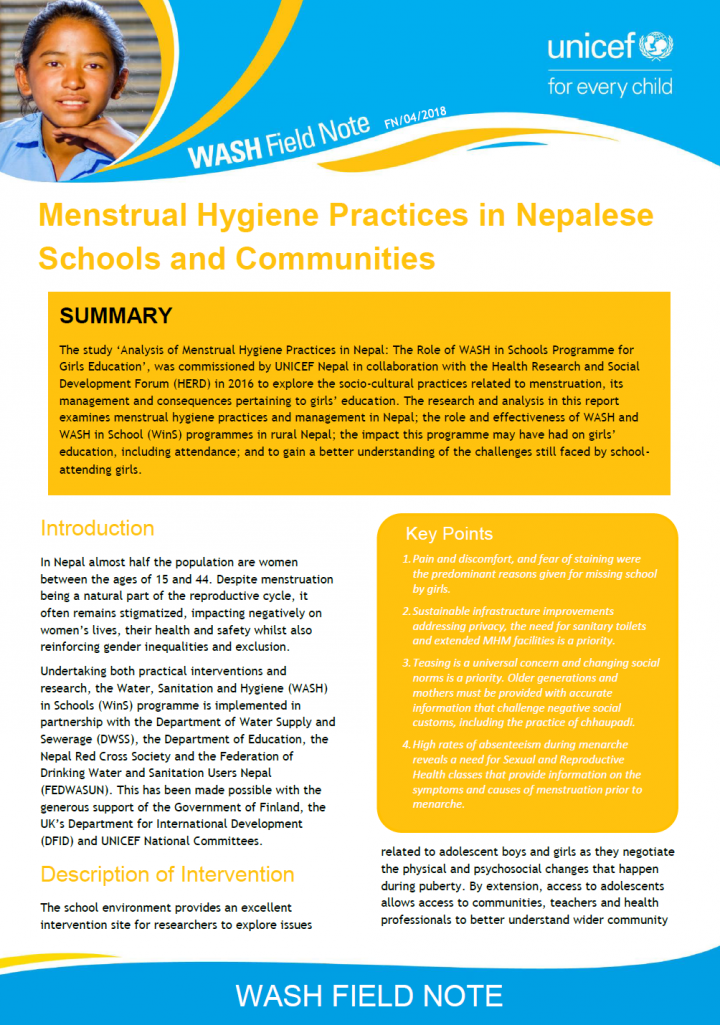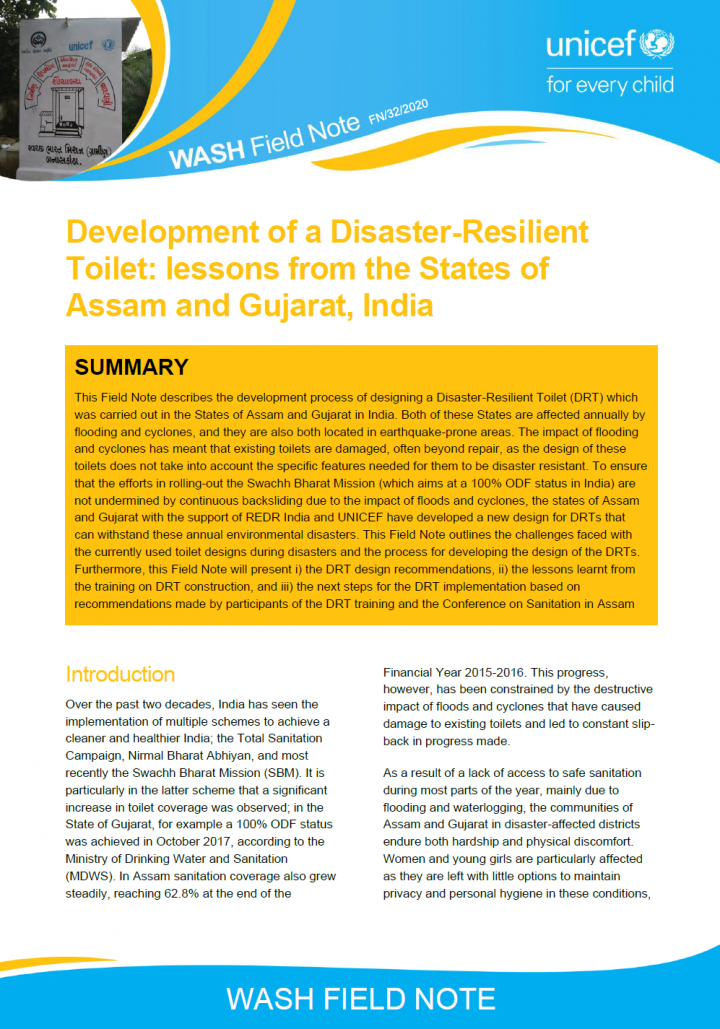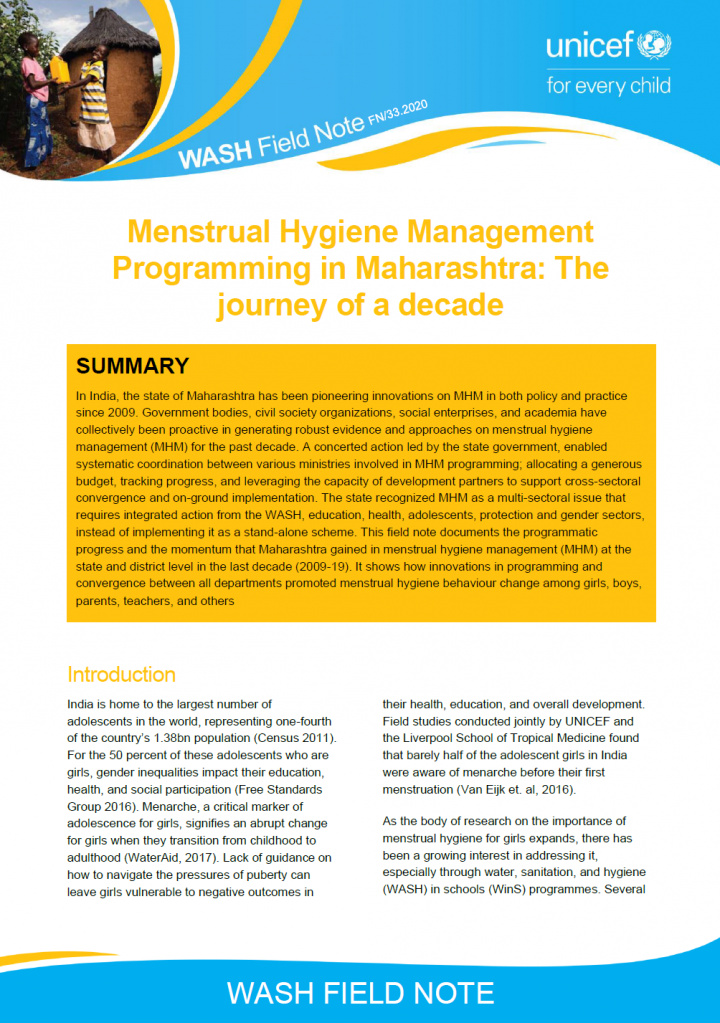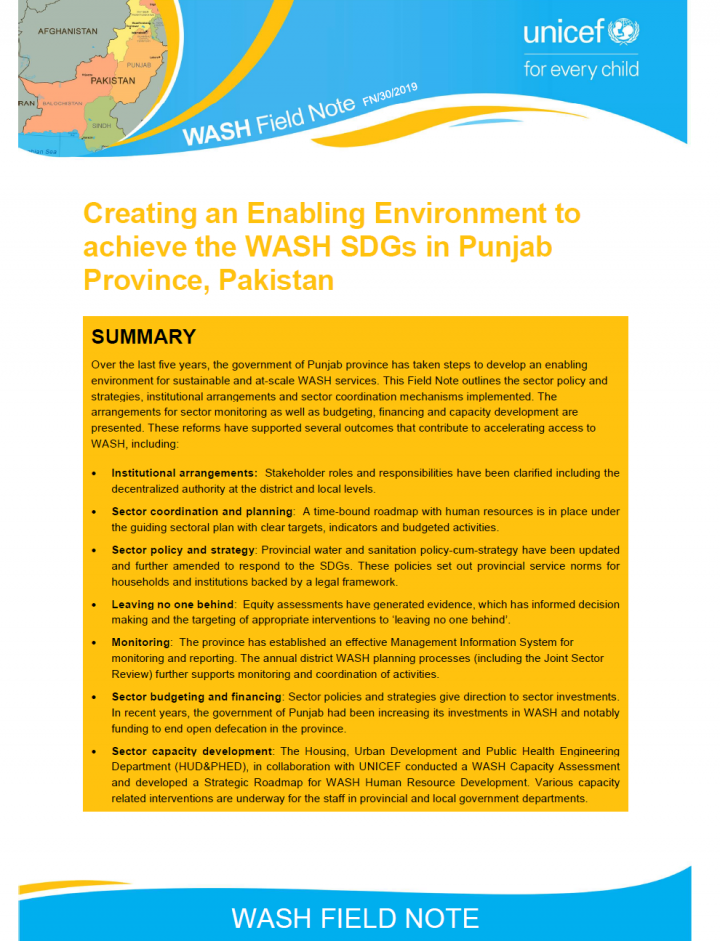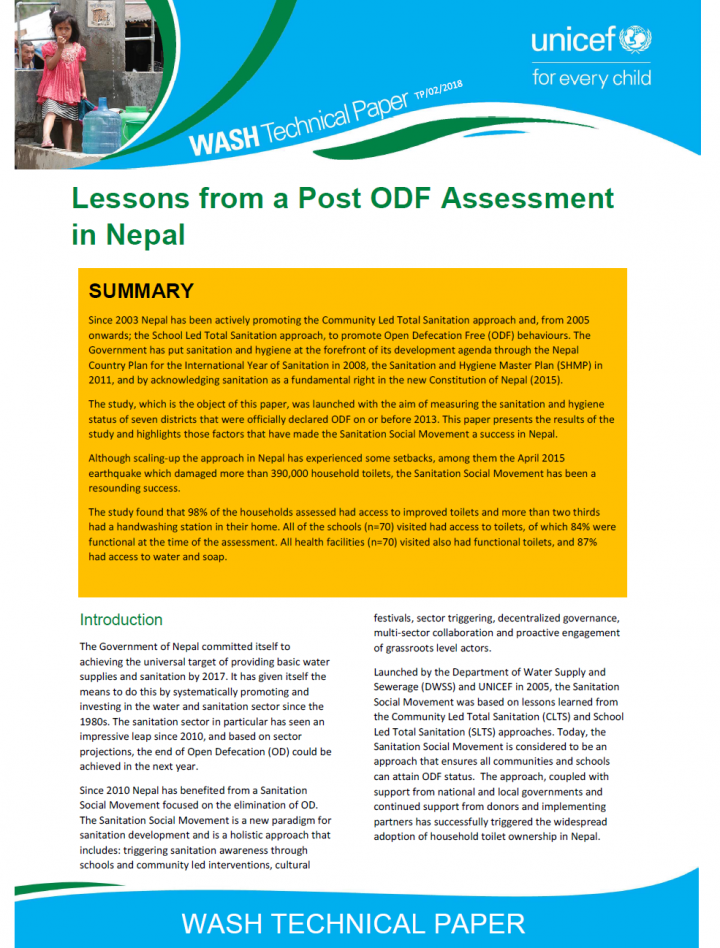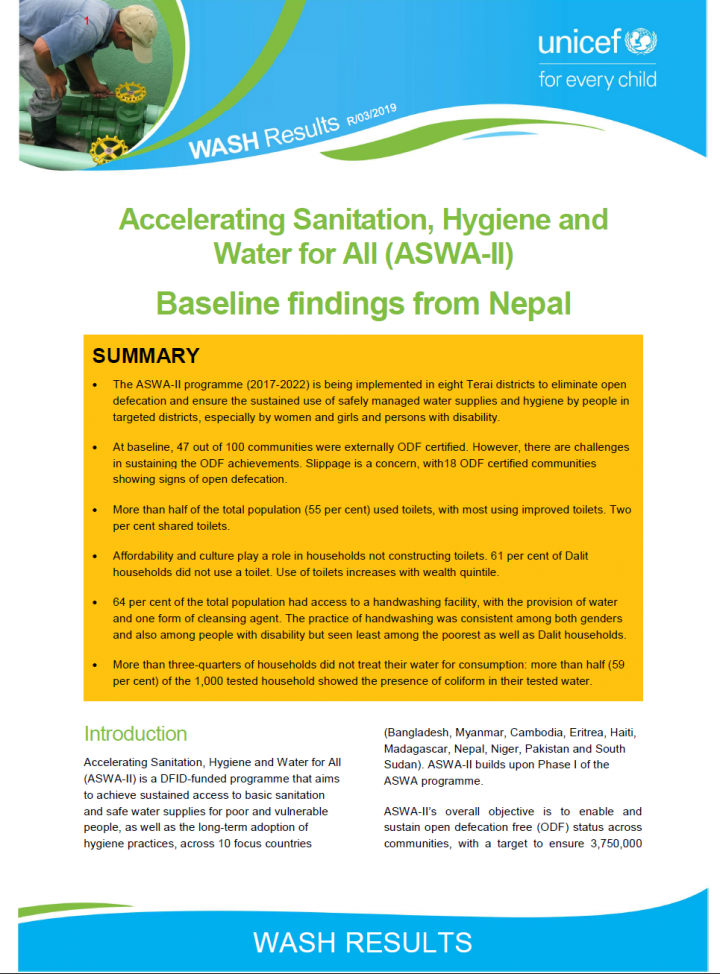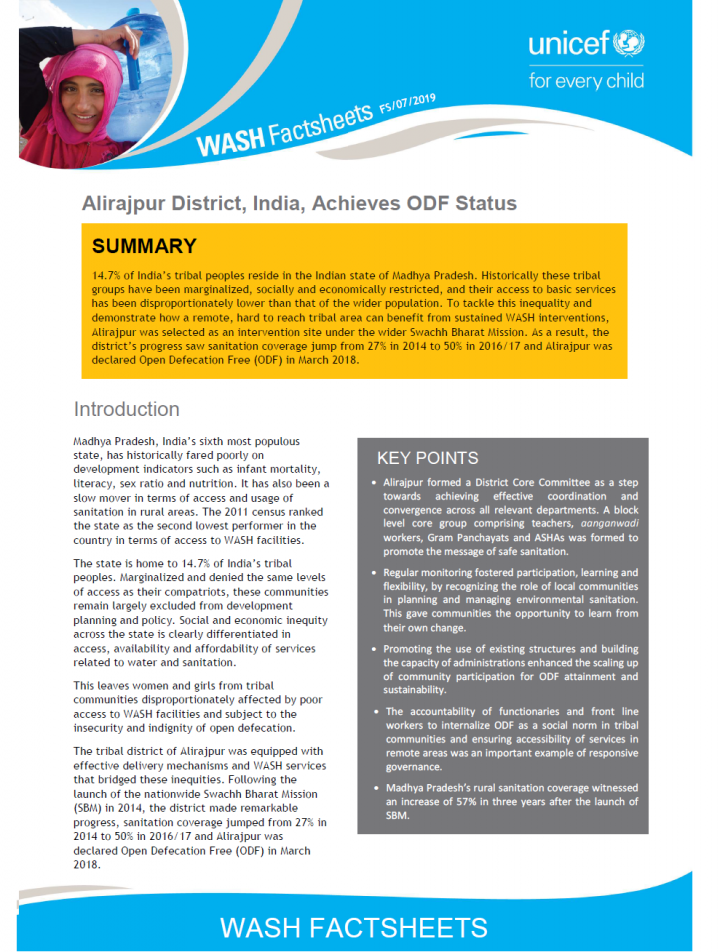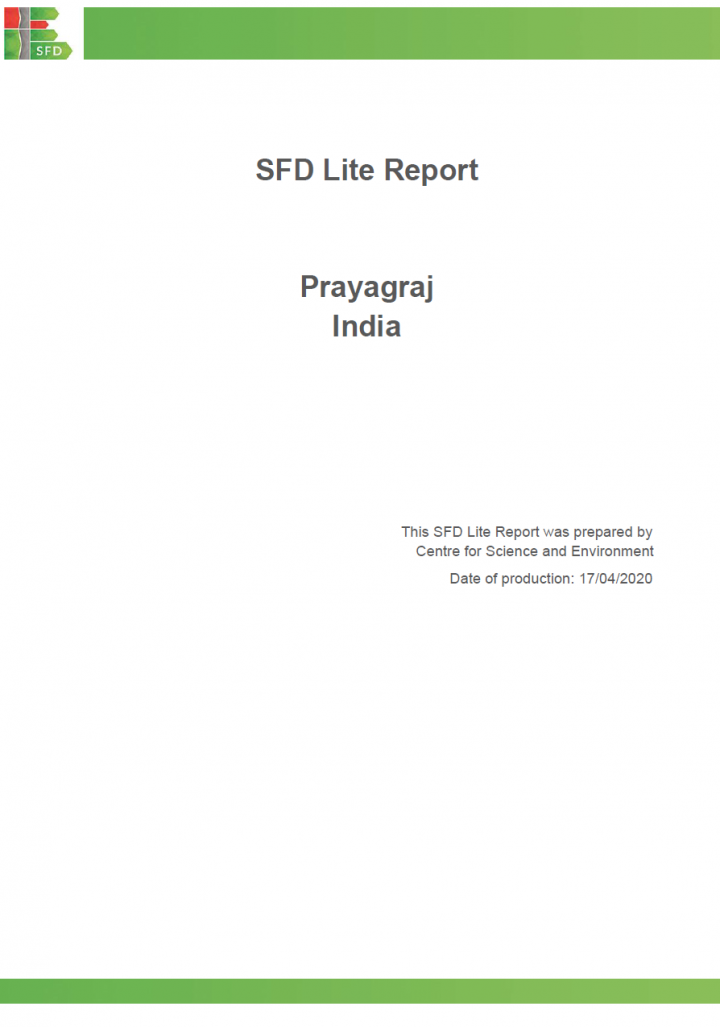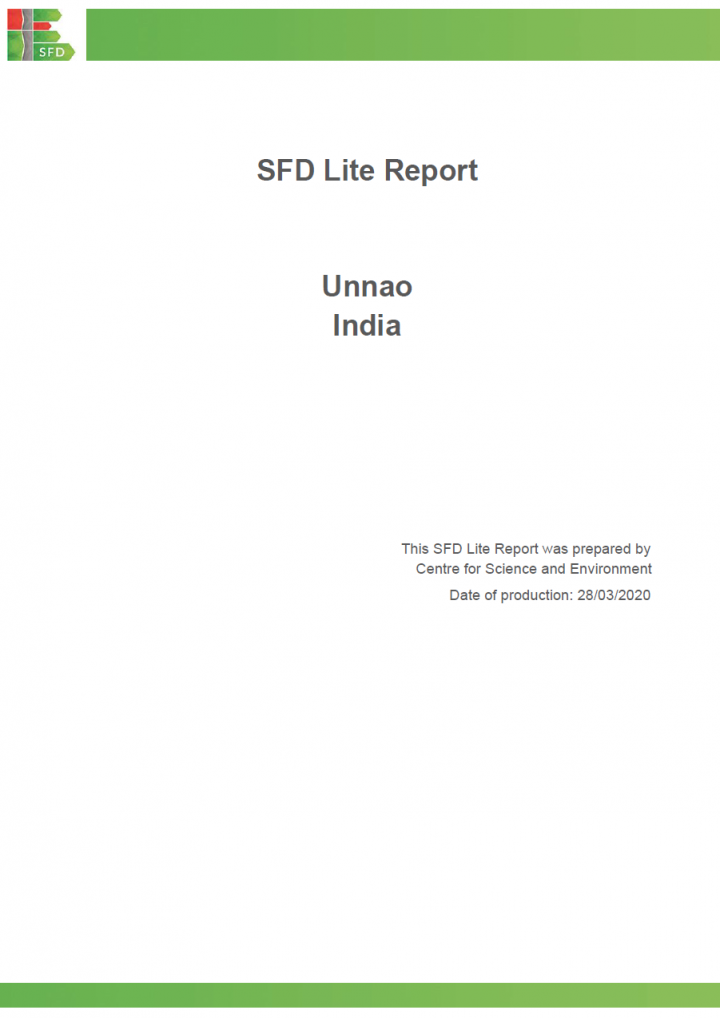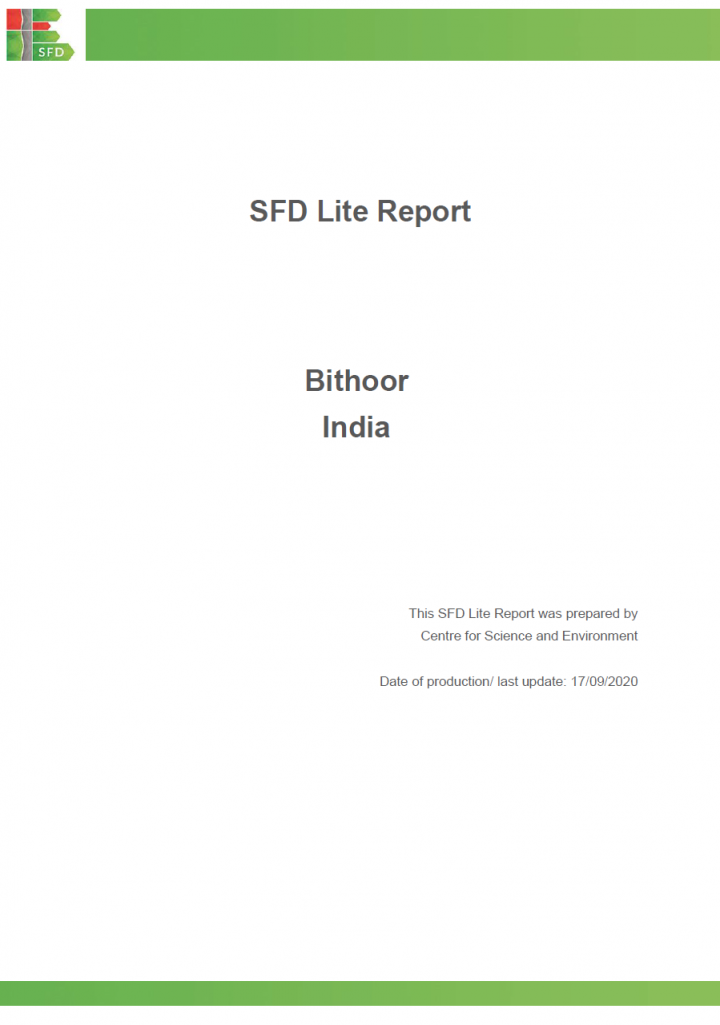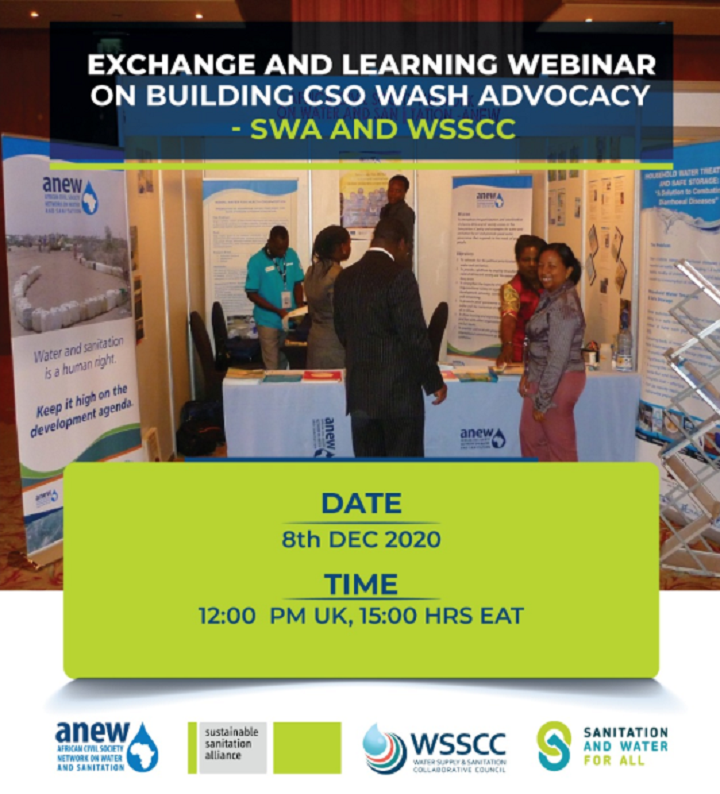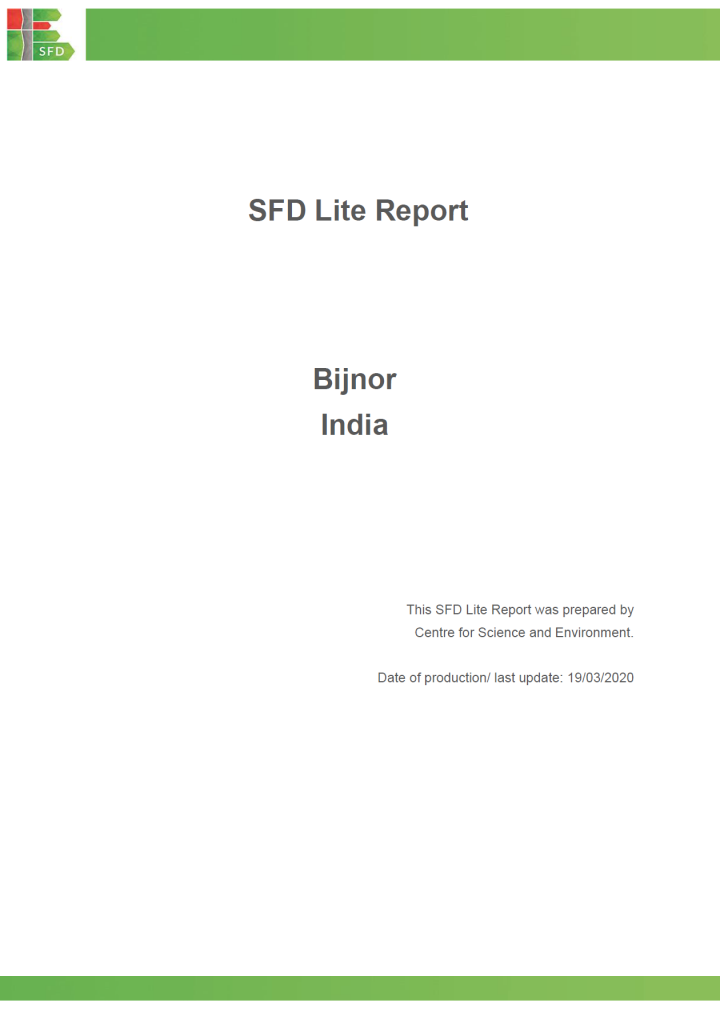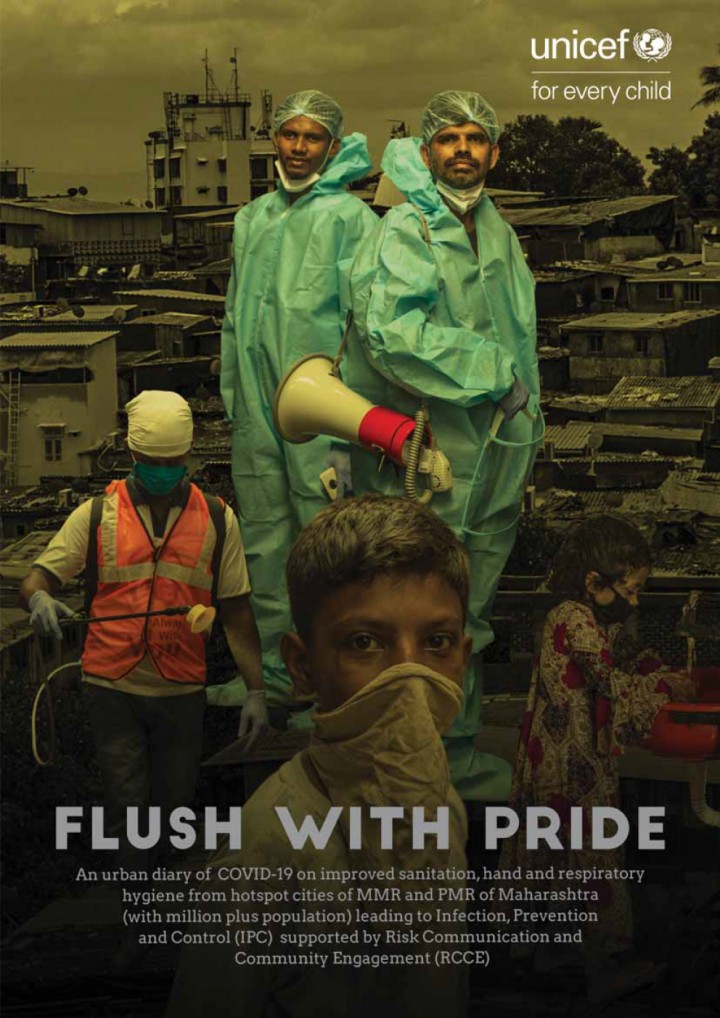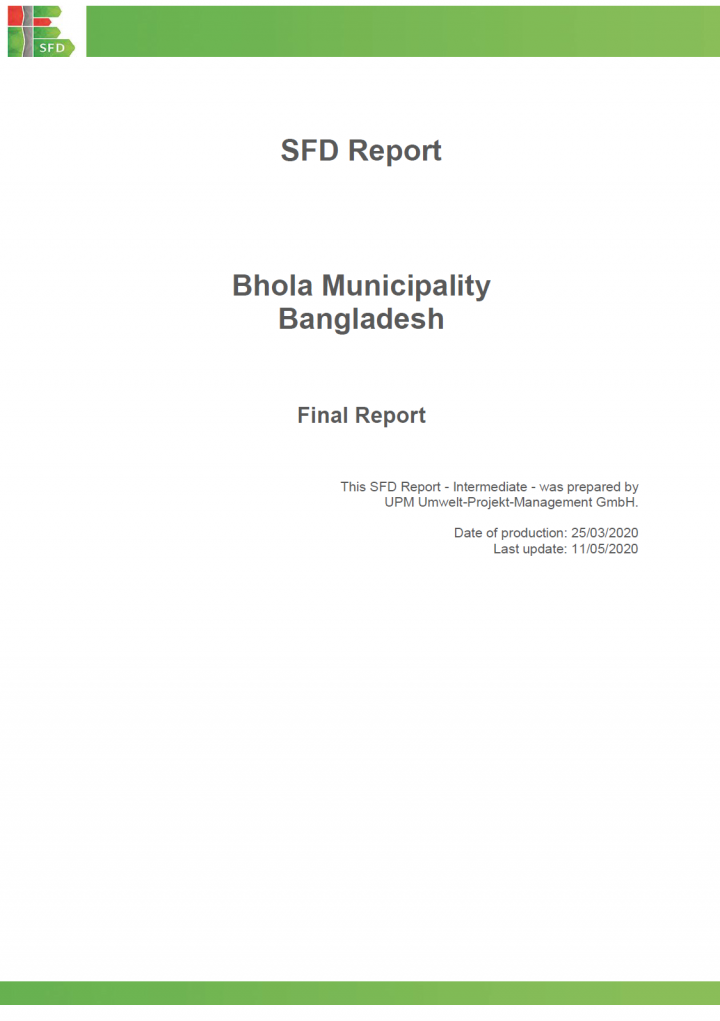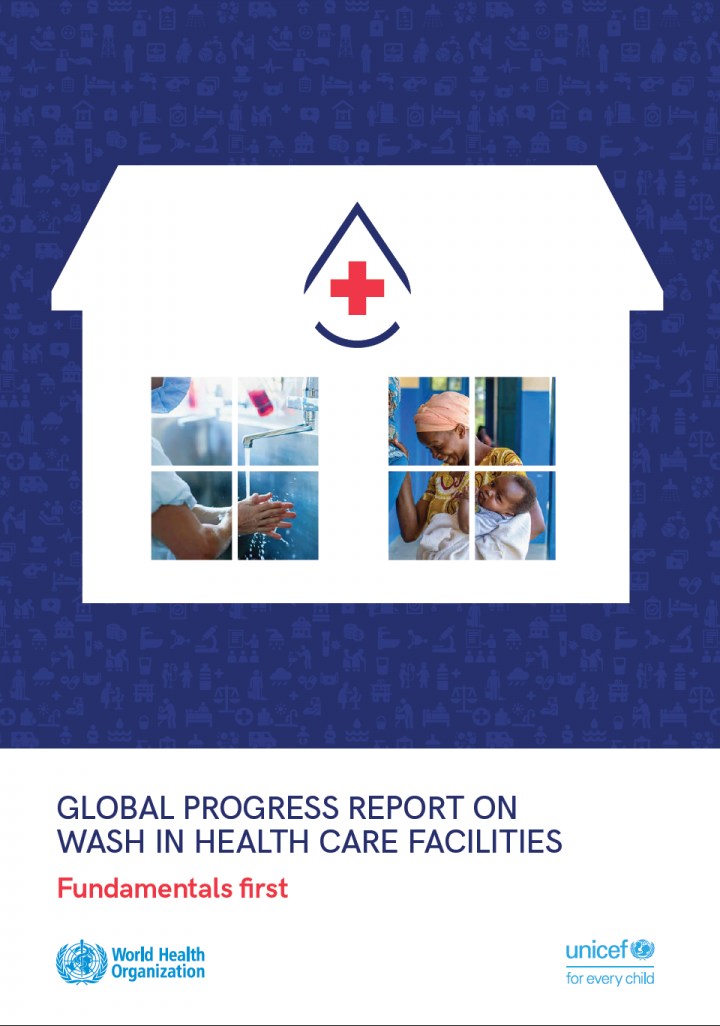Tilley, Elizabeth et al. (2008) Compendium of Sanitation Systems and Technologies (1st Edition) (in English, French, Korean, Nepali, Spanish and Vietnamese)
The objective the Compendium is threefold: 1. Expose the Compendium user to a broad range of sanitation systems and innovative technologies; 2. Help the Compendium user understand and work with the system concept, i.e. the process of building a complete system, by iteratively choosing and linking appropriate technologies; 3. Describe and fairly present the technology-specific advantages and disadvantages. A second, revised edition of the Compendium is linked below, and […]
McConville, J., Niwagaba, C., Nordin, A., Ahlström, M., Namboozo, V. and Kiffe, M. (2020) Guide to Sanitation Resource Recovery Products & Technologies A supplement to the Compendium of Sanitation Systems and Technologies
The aim of this document is to provide an overview of the possibilities for resource recovery from sanitation and provide guidance on treatment processes to achieve safe products for reuse. The focus of this document is on resource recovery from the organic wastes managed in sanitation systems and, to a lesser extent, on the recovery of water and energy generation. Resource recovery sanitation systems are […]
Jacob, N. (2019) What After ODF? Second Generation Issues in Sanitation
This document draws on SuSanA’s resource base of materials and information contributed by over 10,000 members. Its authors have also conducted secondary research. It represents a consultative process with the experts and other prominent authorities in the sector. At the time of publishing, the document represented the best possible advice based on the data and experience of the group.
Jacob, N. (2019) SuSanA India Chapter Thematic Discussion Series Synthesis Document Addressing the Last Female Mile Inclusion in sanitation focusing on women
In peri-urban areas and small and medium towns, several studies have found women have problems finding safe and convenient toilets and drinking water. The toilets provided in resettlement colonies and tenements are often inadequate, unsafe and in poor condition. One of the main reasons for bad water and sanitation facilities in these resettlement areas is that women are usually not part of the process of […]
BA2ZSEEC, Dem, T., Choeden, J., Tshomo, D., Yangchen, K., Thinley, S., Gyaltshen, S., Dorji, C., Om, A. (2018) Menstrual Hygiene Management The challenges facing students and nuns in Bhutan
Spurred by the growing body of evidence linking poor menstrual hygiene facilities to school absenteeism, a collaborative study by the Ministry of Education, the Bhutan Nuns Foundation, the Religion and Health Project and the Ministry of Health in partnership with UNICEF was undertaken in 2017. The study undertook both qualitative and quantitative approaches to assess the current issues facing Bhutanese schoolgirls and nuns during their […]
Sah, N., Shrestha, S., Dhakal, S., Ahmad, T. (2018) Menstrual Hygiene Practices in Nepalese Schools and Communities
The study ‘Analysis of Menstrual Hygiene Practices in Nepal: The Role of WASH in Schools Programme for Girls Education’, was commissioned by UNICEF Nepal in collaboration with the Health Research and Social Development Forum (HERD) in 2016 to explore the socio-cultural practices related to menstruation, its management and consequences pertaining to girls’ education. The research and analysis in this report examines menstrual hygiene practices and […]
Dave, S., Deshmukh, T., Deb, B., Manchikanti, S., Patnaik, S. (2020) Development of a Disaster-Resilient Toilet Lessons from the States of Assam and Gujarat, India
This Field Note describes the development process of designing a Disaster-Resilient Toilet (DRT) which was carried out in the States of Assam and Gujarat in India. Both of these States are affected annually by flooding and cyclones, and they are also both located in earthquake-prone areas. The impact of flooding and cyclones has meant that existing toilets are damaged, often beyond repair, as the design […]
Kabir, Y., Kulkarni, A., Tahiliani, B., Chandrasekar, R., Arora, R. (2020) Menstrual Hygiene Management Programming in Maharashtra The journey of a decade
In India, the state of Maharashtra has been pioneering innovations on MHM in both policy and practice since 2009. Government bodies, civil society organizations, social enterprises, and academia have collectively been proactive in generating robust evidence and approaches on menstrual hygiene management (MHM) for the past decade. A concerted action led by the state government, enabled systematic coordination between various ministries involved in MHM programming; […]
Ambreen S., Kugedera, Z., Mulugeta, T., Peiris, M., Lihemo, G., (2020) Creating an Enabling Environment to achieve the WASH SDGs in Punjab Province, Pakistan
Over the last five years, the government of Punjab province has taken steps to develop an enabling environment for sustainable and at-scale WASH services. This Field Note outlines the sector policy and strategies, institutional arrangements and sector coordination mechanisms implemented. The arrangements for sector monitoring as well as budgeting, financing and capacity development are presented. These reforms have supported several outcomes that contribute to accelerating […]
Shrestha, P., Shrestha, S., Dhakal, S., Ahmad, T. (2018) Lessons from a Post ODF Assessment in Nepal
Since 2003 Nepal has been actively promoting the Community Led Total Sanitation approach and, from 2005 onwards; the School Led Total Sanitation approach, to promote Open Defecation Free (ODF) behaviours. The Government has put sanitation and hygiene at the forefront of its development agenda through the Nepal Country Plan for the International Year of Sanitation in 2008, the Sanitation and Hygiene Master Plan (SHMP) in […]
Cavill, S., Dhakal, S., Bishwakarma, D., Shrestha, S., Ahmad, T. (2019) Accelerating Sanitation, Hygiene and Water for All (ASWA-II) Baseline findings from Nepal
• The ASWA-II programme (2017-2022) is being implemented in eight Terai districts to eliminate open defecation and ensure the sustained use of safely managed water supplies and hygiene by people in targeted districts, especially by women and girls and persons with disability. • At baseline, 47 out of 100 communities were externally ODF certified. However, there are challenges in sustaining the ODF achievements. Slippage is a concern, […]
Mathur, P., Patidar, N (2019) Alirajpur District, India, Achieves ODF Status
14.7% of India’s tribal peoples reside in the Indian state of Madhya Pradesh. Historically these tribal groups have been marginalized, socially and economically restricted, and their access to basic services has been disproportionately lower than that of the wider population. To tackle this inequality and demonstrate how a remote, hard to reach tribal area can benefit from sustained WASH interventions, Alirajpur was selected as an […]
Ansari, S., Ahmed N. (2020) SDF Lite Report - Prayagraj, India
Prayagraj is coined with the name Prayag mean "place of sacrifice or offering". The city was earlier known as Allahabad, Illahabad. The city is the headquarters of Prayagraj district in Uttar Pradesh. The District is part of Central Ganga Plain and lies between Latitude 24° 47’ N & 25°N and Longitude 81°19' E & 82°21'E. The city is situated at the confluence of three rivers […]
Ansari, S., Jaiswal, S. (2020) SFD Lite Report - Unnao, India
The town of Unnao is the headquarters of Unnao district in Uttar Pradesh. It compromises of 6 Tehsil and 16 Blocks. The District is part of Central Ganga Plain and lies between Latitude 26°8' N & 27°2' N and Longitude 80°3' E & 81°3' E. The city is famous for its tanneries. It is around 65 km from state capital, Lucknow. The Urban Local Body […]
Ansari, S. (2020) SFD Lite Report - Bithoor, India
Bithoor or Bithur is a town in Kanpur Nagar District, 23.4 kilometres by road north of the centre of Kanpur city, in Uttar Pradesh, India. Bithoor is situated on the right bank of the Ganga, and is a centre of Hindu pilgrimage. According to Hindu mythology, Bithoor is the birthplace of Lord Ram's sons Luv and Kush. Bithoor is also the centre for Revolt of […]
African Civil Society Network on Water and Sanitation (ANEW), Sanitation and Water for All (SWA), Water Supply and Sanitation Collaborative Council (WSSCC) (2020) Exchange and Learning Webinar- Building Civil Society WASH advocacy for strengthening SWA’s Mutual Accountability Mechanism and reaching those left behind
In this webinar that was held on the 8th Decemeber, African national CSO WASH networks that have received catalytic funding from WSSCC to boost the sector, engage all the relevant stakeholders, including those from vulnerable populations, and strengthen platforms and processes which can be built upon further in the months that follow, shared their stories. Objectives: 1. To provide a platform for ANEW members to come together, […]
CSE (2020) SFD Lite Report - Bijnor, India
Bijnor city is located 12 km west to the bank of River Ganga and 460 km from Lucknow, the state capital of Uttar Pradesh. Bijnor is the district headquarter of Bijnor district. As per Census 2011, Bijnor has a population of 93,297 residing in 17,715 households. The population of the city as per Swachh Survekshan (Country wide annual ranking mechanism for cities with respect to […]
Godke, A., Kabir, Y. (2020) Flush With Pride An urban diary of COVID-19 on improved sanitation, hand and respiratory hygiene
The document covers the impact of WASH intervention in families, communities and institutions with a balance between demand and supply, highlighting both child and gender lens. Innovations like cost effective, simple, scalable pedal operated hand washing stations, augmentation of operation and maintenance of community toilets with identification of community touch points, school readiness for COVID-19 while retrofitting simple taps to elbow operated taps, promoting one […]
UPM Umwelt-Projekt-Management GmbH (2020) SFD Report - Bhola Municipality, Bangladesh (vn 2020)
Bhola is one of the administrative districts (Zila) located in south-central Bangladesh with a total area of 3,404km2 and a population of 1.8 million inhabitants. Part of the district is Bhola island which, despite being the largest island of Bangladesh, only can be accessed by boat at this point. This island of 1,441km2 is divided into seven Upazila (sub-districts). One of these Upazila is Bhola […]
WHO, UNICEF (2020) Global Progress Report On Wash In Health Care Facilities
The report identifies major global gaps in WASH services: one third of health care facilities do not have what is needed to clean hands where care is provided; one in four facilities lack basic water services, and one in 10 have no sanitation services. This means that 1.8 billion people use facilities that lack basic water services and 800 million use facilities with no toilets. […]
